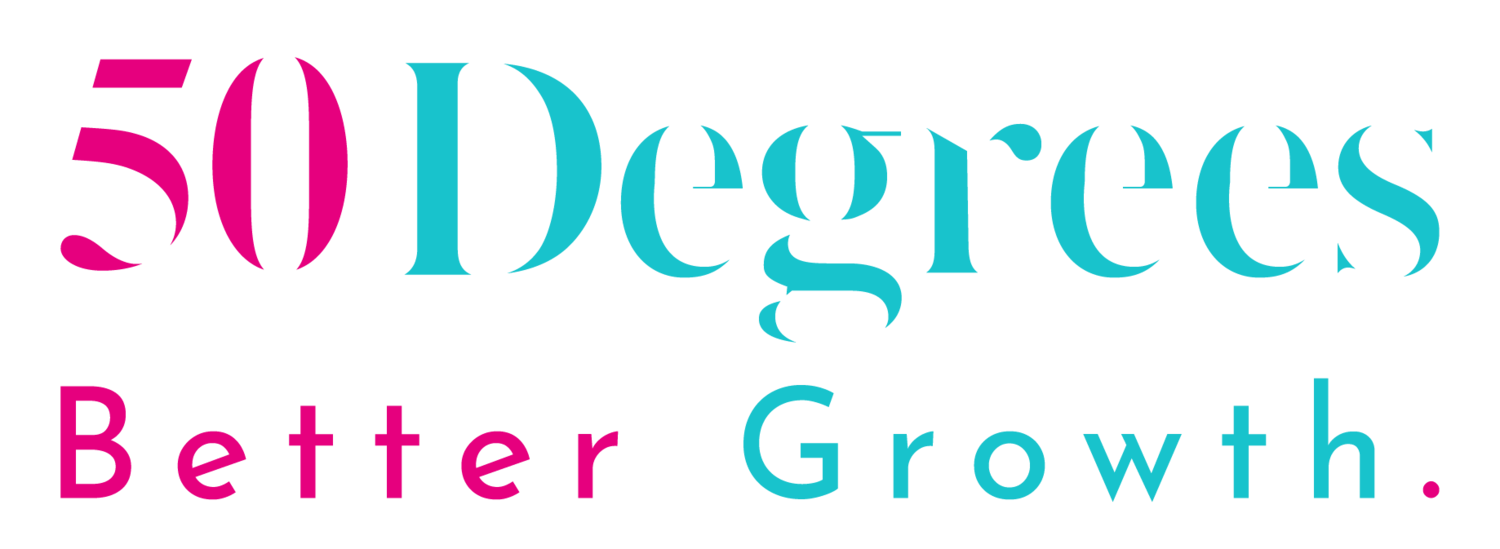Wellbeing at work: what’s the catch?
In today’s fast-paced corporate world, the concept of maintaining healthy physical and emotional wellbeing in the workplace is becoming harder to ignore. With (according to some studies) 86% of workers admitting that they’d be more likely to leave a job because of a poor work-life balance or a toxic workplace culture, companies across the UK have been hurriedly scrabbling to create wellbeing programmes that promise a healthy culture, and a tempting list of benefits.
But how many of these companies are actually delivering on these promises?
When searching for a new job earlier this year, I found myself focusing less on the salary (which is obviously still very important), and more on what each company had to say about their culture. Their promises of ‘flexible working hours’ and ‘access to medical support’ soon became far less tempting after reading the small print. For example:
“We offer flexible working hours… although weekend and evening work is often required”
“We offer all employees the option to work remotely… although for the first six months, you will be required to commute to the office every day”
“We organise fun social outings as a company… once every three months, provided we’re not busy with client work”
Having previously worked in marketing I could appreciate the effort these companies were going to, to disguise what were essentially poor wellbeing programmes. As a prospective candidate, however, it was incredibly frustrating.
My frustration grew further during the interview stage. A personal highlight was an occasion where I was invited to interview for a company that boasted a “non-judgemental culture”, and an “open-minded view on mental health”. Watching the panel (not so) subtly draw a line through my name when I mentioned that I had recently started blogging about my struggle with anxiety was eye-opening, to say the least. The glittering promises that companies were making in their application forms were clearly window-dressing, and I began to lose faith in finding a job that wouldn’t brush my wellbeing under the carpet.
When reading through 50D’s website and wellbeing programme for the first time, I admit to being fairly dubious, to say the least. Suffice to say, I’m now over six weeks into my new role as a Consultant and I have to admit that (for once!) I was wrong.
In my first week, I was invited to an in-depth wellbeing session with the company’s dedicated Head of Wellbeing, Matt Wells, who spoke about the importance of maintaining a healthy work-life balance and avoiding burn out. In the same week, I joined the team for an evening of drinks and quizzing at a local pub, and I’ve also enjoyed several lunchtime coffee walks with managers and graduates alike. We’ve also embarked on a fun-filled stay in Oxford and a horror night at the cinema.
And the icing on the cake? Every employee is given a monthly wellbeing budget to spend on whatever we feel will boost our mental and physical health, which I’ve recently used to buy art materials and beauty treatments.
Now don’t get me wrong, we’re still expected to work hard. This role has left me feeling more challenged in the last six weeks than in my last three jobs combined – but it’s worth it. Here at 50D, the team has managed to build a culture that pushes employees to be our best, without forcing us to choose between prioritising our wellbeing and getting the job done.
So, it’s official. My hope in employee wellbeing has officially been restored.
Maddy Trigg
Consultant
